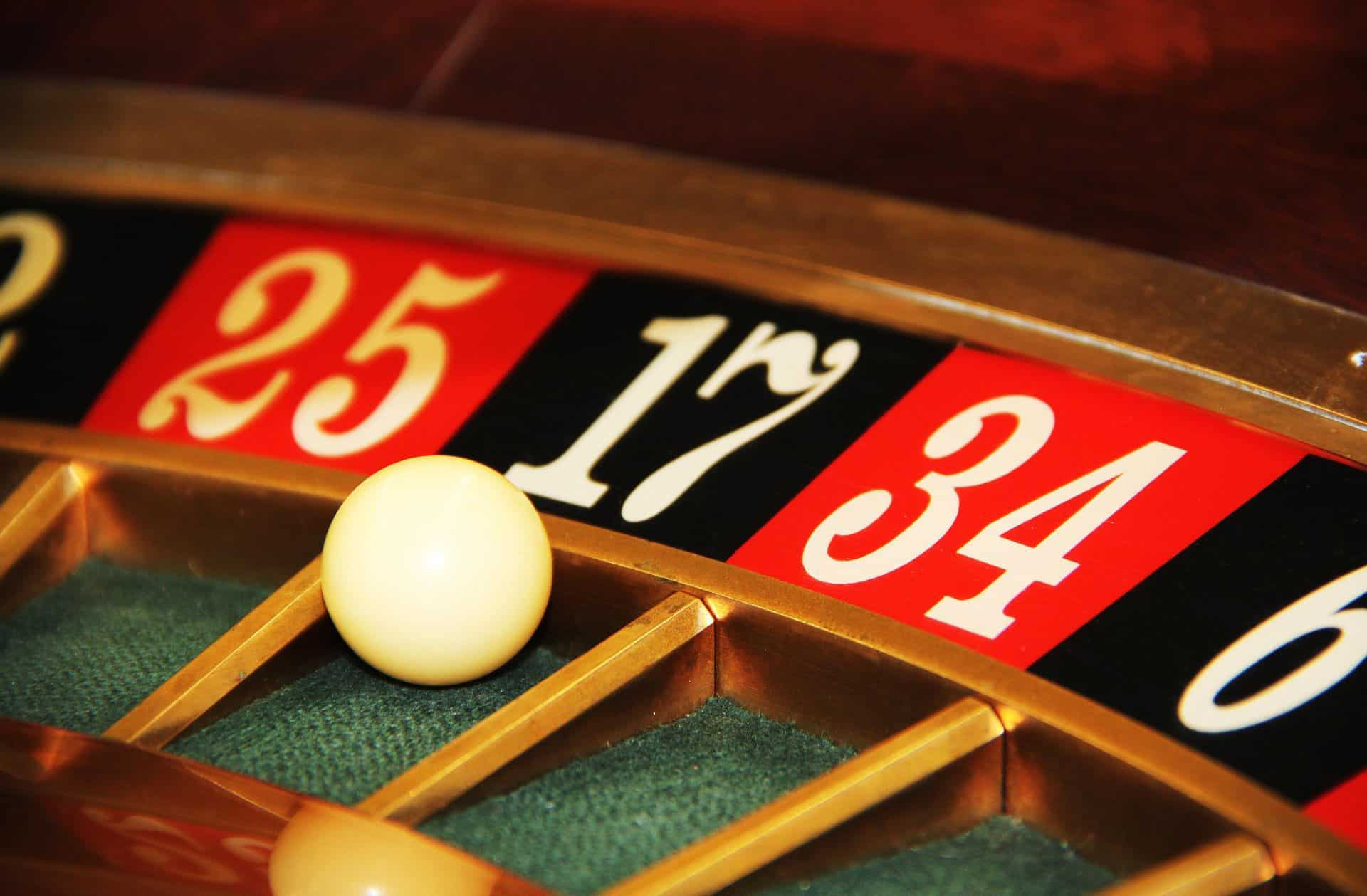
Who can help me with gambling addiction?
Speak to your GP. It’s always a good idea to inform your GP if you are struggling, they can be very resourceful. Attend GA meetings. Gamblers anonymous meetings are a very effective way of tacking your gambling addiction head on and they are free. If you feel after speaking to your GP and attending GA meetings that you need further support to stop gambling and address why it is you gamble you should seek further professional help. A rehab facility, therapist or counselling sessions would be the best port of contact.

Why do people find gambling thrilling?
Gambling is often viewed as a pleasurable activity – but why is it so “fun”? Gambling is all about risk taking and it is human nature to find risk taking a thrill. When we identify a risk our brain releases dopamine which is the hormone responsible for that excitable, thrill seeking, alert feeling.
Some people would even say they experience a “buzz” or “high” when gambling, especially if winning! Gambling can be a bit of sociable fun for most but for others it can develop into an addiction.
Those with an addictive personality type are more likely to gamble more frequently in order to be able to keep feeling “good” or experience the “buzz “they had felt gambling previously.

Important Gambling Statistics
Statistics from the UK Gambling Commission published in 2016 revealed there to be 340,000 problem gamblers.
Findings also revealed those with problem gambling were 5x more likely to be male. More likely to be between the ages of 25-34 (male) Those with gambling problems are also more likely to indicate signs of ill mental health
Do I have a gambling addiction?
Below is a dependency checklist that may enable you to confirm or identify whether you are a problem gambler. Please answer truthfully Yes or No to the below questions:
- Have you needed to gamble more frequently over a longer period?
- Have you had a persistent or strong desire to gamble or have you experienced problems stopping or controlling how often you gamble?
- Have you spent more money gambling than intended?
- Do you lose track of time when gambling or spend long periods of time doing so?
- Have you given up work, recreational or social activities as a result of your gambling?
- Have you continued to gamble despite having problems with it in your social life or relationships?
- Do you hide your gambling from others or lie about how much you’re spending?
- Do you try to win back money you have lost gambling?
- Have you borrowed money to fund your gambling?
- Do others think you have a gambling problem?
- Do you think you have a gambling problem?
- Has gambling left you short for money?
- Do you feel restless or irritable when you don’t have the opportunity to gamble?
Learn more about compulsive gambling.
